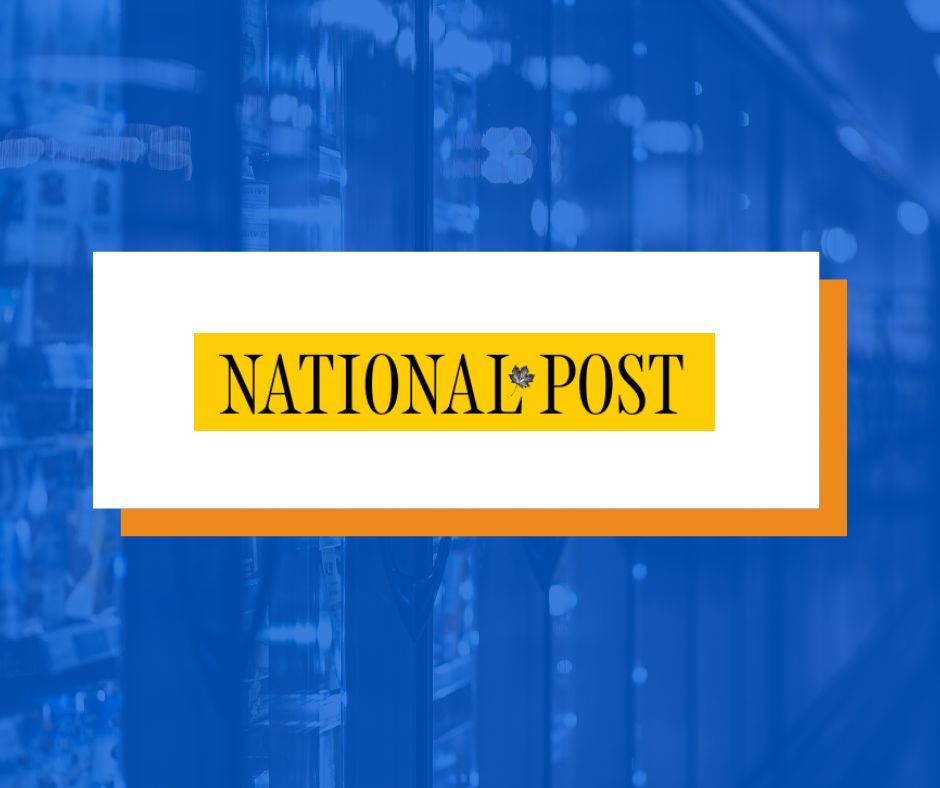A new report from Statistics Canada estimates that 15 percent of Canadian households experienced some sort of food insecurity in 2022. After relative stability from 2017-2021, the Canadian Community Health Survey reports that not only was the figure up in 2022, but the severity of food insecurity increased as well.
Now, for many, while this data is troubling, it isn’t shocking. There isn’t a month that goes by where we don’t see headlines highlighting food bank shortages. And while there are a lot of factors at play in terms of the affordability of food, one uniquely Canadian policy that inflates the cost of food is supply management. Supply management is, of course, the system of quotas and tariffs that limits domestic production of dairy products, chicken, turkey, and eggs and discourages imports via high tariffs, thus producing less choice and higher prices for consumers.
Peer-reviewed research from 2015, when general inflation was moderate and food insecurity stable, showed that supply management artificially inflates prices for Canadian consumers, adding upwards of $500 to the average family’s grocery bill each year, which in turn pushes between 133,000 and 189,000 Canadians below the poverty line. These figures are likely much higher today in our current economic climate, given that supply management is still in place, and the products covered by it are still staples for Canadians coast to coast.
David Clement


